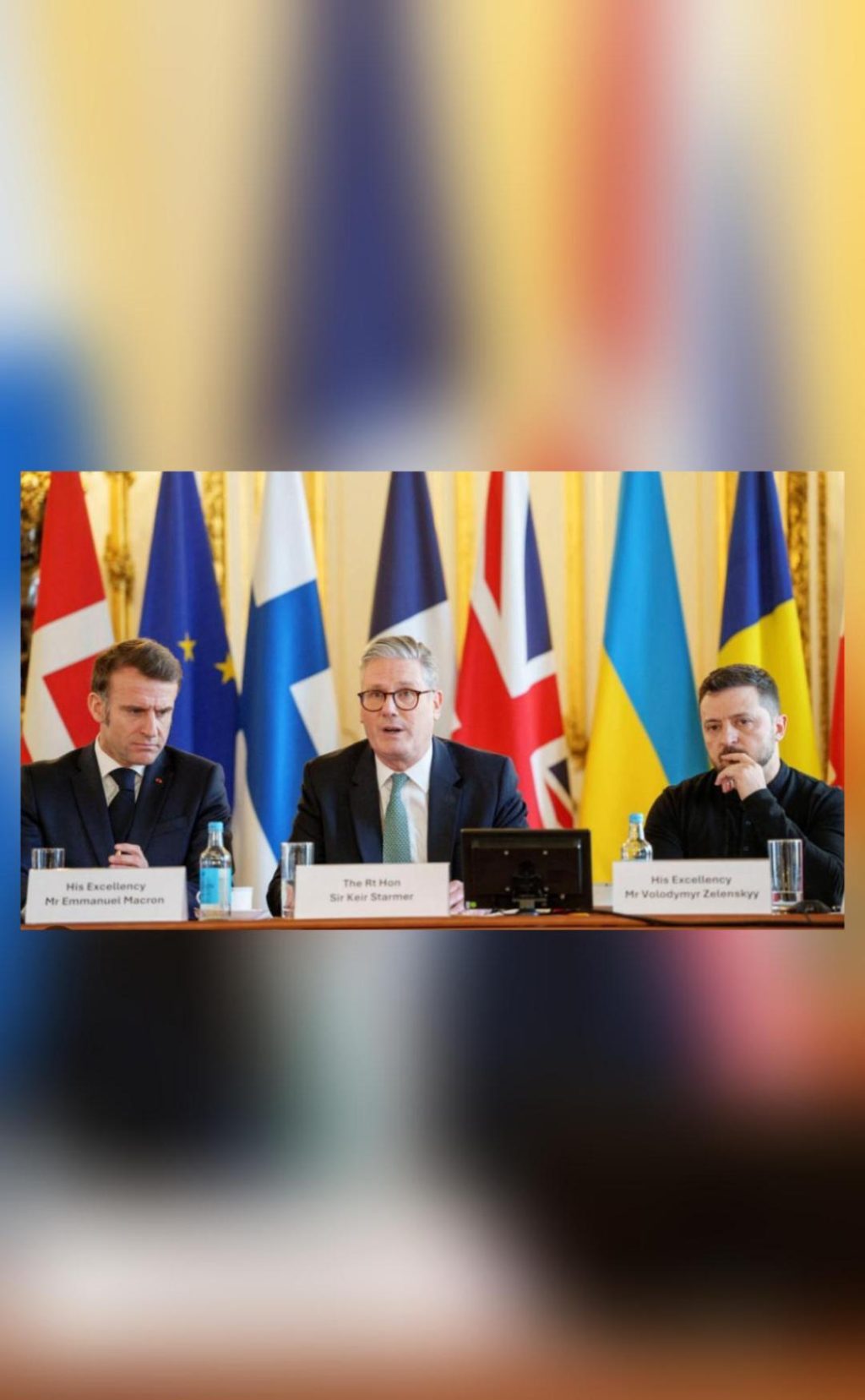
UK & France propose 1-month partial truce between Russia & Ukraine
The ongoing conflict between Russia and Ukraine has been a major concern for the international community, with both sides continuing to exchange blows. In a bid to bring some respite to the war-torn region, France and Britain have proposed a one-month partial truce between the two nations. According to the French government, the proposed truce would cover air, sea, and energy infrastructure attacks, but would not include ground fighting. The plan also suggests that European ground troops would only be deployed to Ukraine in a second phase.
Ukrainian President Volodymyr Zelenskyy has confirmed that he is aware of the plan, although it is unclear whether he has given his explicit approval. The proposal comes at a time when both Russia and Ukraine are engaged in intense fighting, with Ukraine’s military claiming to have made significant gains in recent days.
The proposal was announced by French President Emmanuel Macron, who said that the goal was to “de-escalate” the situation and create a “breathing space” for negotiations. Macron emphasized that the truce was not a permanent ceasefire, but rather a temporary measure aimed at reducing the violence and allowing for diplomacy to take center stage.
The plan is seen as a significant development in the conflict, as it marks the first time that France and Britain have proposed a formal ceasefire between Russia and Ukraine. Both countries have been vocal critics of Russia’s actions in Ukraine, and have imposed a range of sanctions on Moscow in response to its aggression.
The proposed truce has been welcomed by many in Ukraine, who have been calling for an end to the fighting. Ukrainian Foreign Minister Dmytro Kuleba tweeted that the proposal was “an important step towards peace” and that Ukraine was willing to engage in talks with Russia.
However, the plan has also been met with skepticism by some, who argue that it does not go far enough. Ukrainian President Zelenskyy has said that he is willing to consider the proposal, but that any ceasefire must be accompanied by a withdrawal of Russian troops from Ukrainian territory.
The Russian government has not yet commented on the proposal, although it is likely that Moscow will respond negatively. Russia has consistently denied that it is involved in the conflict, and has instead blamed Ukraine for the violence.
The proposal is also seen as a test of the ability of France and Britain to work together on a major international issue. The two countries have a long history of cooperation, and have often worked together on issues related to security and defense.
In recent years, however, their relationship has been strained by disagreements over issues such as Brexit and the handling of the COVID-19 pandemic. The proposed truce is seen as an opportunity for the two countries to put aside their differences and present a united front in the face of a major international crisis.
The proposal is also significant because it marks a shift in the tone and approach of Western countries towards the conflict. In recent months, the international community has been increasingly critical of Russia’s actions in Ukraine, and has imposed a range of sanctions on Moscow in response.
However, the proposed truce suggests that Western countries are willing to consider a more nuanced approach, and are willing to engage in diplomacy with Russia in order to find a solution to the conflict. This marks a significant shift from the earlier approach, which was focused on imposing sanctions and isolating Russia.
In conclusion, the proposed one-month partial truce between Russia and Ukraine is a significant development in the conflict, and marks a shift in the tone and approach of Western countries towards the issue. While it is unclear whether the plan will be successful, it is an important step towards reducing the violence and creating a “breathing space” for diplomacy.



